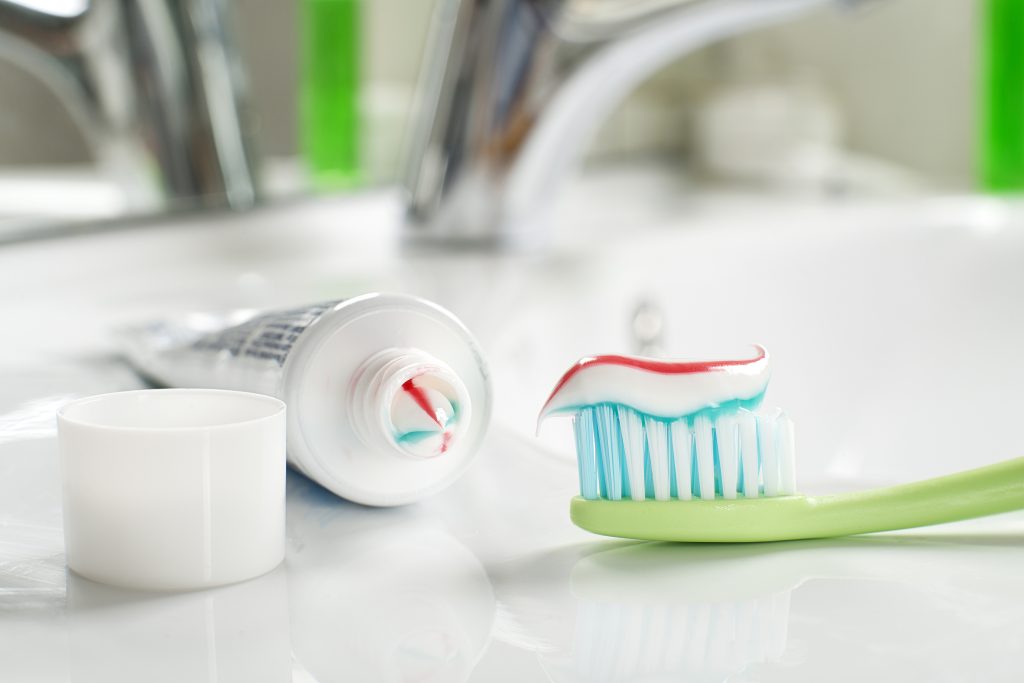Tooth decay is just as common in children as it is in adults. In fact, the Centers for Disease Control and Prevention (CDC) notes that tooth decay, or cavities, is one of the most common chronic diseases among children in the United States. They estimate that 20% of children—that’s one in five—between the ages of six and ten have at least one untreated, rotted or decayed tooth.
Because everything from speech to academic attendance and performance can be affected by rotten teeth, kids need comprehensive dental care from the time they get their first tooth. Seeing the dentist, in addition to good daily oral hygiene habits, can prevent tooth decay in children.
Penn Dental Family Practice is committed to keeping kids’ mouths healthy. Our team of pediatric dentists has an in-depth understanding of growing children and the experience to provide kid-friendly care. Even if your child has special needs, you can count on the pediatric dentists at PDFP for the highest-quality, individualized care for a lifetime of healthy smiles.
Kids and Cavities: How Common Is Tooth Decay?
 Whether you refer to them as cavities, dental caries, tooth decay, or rotten teeth, kids are susceptible to dental problems if they don’t practice good oral hygiene. That said, even kids who brush and floss every day can get cavities from other causes.
Whether you refer to them as cavities, dental caries, tooth decay, or rotten teeth, kids are susceptible to dental problems if they don’t practice good oral hygiene. That said, even kids who brush and floss every day can get cavities from other causes.
Teeth rot or decay results from the build-up of plaque— a colorless, sticky film—that forms on the teeth. When plaque feeds on bacteria left behind from the food we eat, it creates an acid that eats away at the tooth. Brushing at least twice a day helps remove the plaque and acid before it causes too much damage.
Poor oral hygiene is a leading cause of plaque buildup and rotten baby teeth, but there are other reasons for tooth decay.
- Poor diet. Consuming too many foods and drinks high in sugar and carbohydrates, as well as acidic options like soda, increase plaque because the sugars cling to the teeth.
- Dental crevices. If the teeth form with especially deep grooves, plaque and bacteria can build up and cause rotten teeth in kids.
- Fluoride deficiency. Fluoride helps strengthen tooth enamel and prevent cavities. If you do not receive enough fluoride, either from drinking fluoridated water or using fluoride toothpaste, your child may be more susceptible to cavities.
- Bottles and sippy cups. Children who go to sleep with a bottle or sippy cup containing milk, formula, or juice are more susceptible to cavities because sugar can build-up on their teeth.
- Dry mouth. Saliva helps rinse plaque and bacteria off the teeth.
Regardless of the cause, the outcome is the same for rotten teeth: Kids can eventually lose the tooth if it’s not treated.
Early Signs of Tooth Decay
The best way to prevent tooth loss is to seek treatment for rotten baby teeth as soon as you spot a problem. However, because it’s not always obvious that they have rotten teeth, kids need to see the pediatric dentist every six months for a checkup. Sometimes, tooth decay can take hold without any symptoms at all, and a thorough exam is the only way to know there is a problem.
 Early signs of tooth decay include:
Early signs of tooth decay include:
- Visible holes
- Brown, black, or white spots
- Toothache
- Sensitivity to temperature
- Swollen gums
- Bad breath
- Bad taste in the mouth
Some children may also have a fever and show signs of irritability if tooth decay has spread into the roots or pulp, causing an infection.
Can Rotten Teeth Be Fixed?
Some parents mistakenly believe that losing rotten baby teeth isn’t a major concern, or even suggest that rotten teeth in kids should just be extracted rather than treated. There may be cases in which extraction is the best option, but generally speaking, dentists prefer to save the tooth.
 Losing a baby tooth too soon can create issues with crowding when the permanent teeth erupt. And, allowing tooth decay to spread unchecked until the tooth falls out can cause a host of other health issues, including bone loss in the jaw. Infected baby teeth can also affect the adult teeth, causing discoloration or surface abnormalities.
Losing a baby tooth too soon can create issues with crowding when the permanent teeth erupt. And, allowing tooth decay to spread unchecked until the tooth falls out can cause a host of other health issues, including bone loss in the jaw. Infected baby teeth can also affect the adult teeth, causing discoloration or surface abnormalities.
Depending on the extent of damage, treatment for tooth decay in children may involve:
- Applying a fluoride treatment to strengthen the tooth and slow or reverse decay.
- Removing the rotted portion of the tooth and replacing it with a filling or crown.
- Performing a root canal to remove the decay and infected tissue in the center of the tooth.
Only in cases of extreme rot, when the tooth cannot be saved, will the dentist perform an extraction. However, unless the rotted tooth was a permanent adult tooth, it will not be replaced with an implant or bridge.
Do Your Children Have Rotten Teeth? Kids Dentistry at PDFP
Good oral hygiene is vital to preventing tooth decay in kids, and that includes regular visits to a pediatric dentist. In fact, the sooner you get care, the more likely it is that a cavity can be reversed.
If your child is three or older, it’s time to start annual dental appointments. Click here to learn more about why Pediatric Dentistry Matters and schedule a visit today. Or, call PDFP at (215) 898-PDFP (7337) with questions or to make appointments for the whole family.
